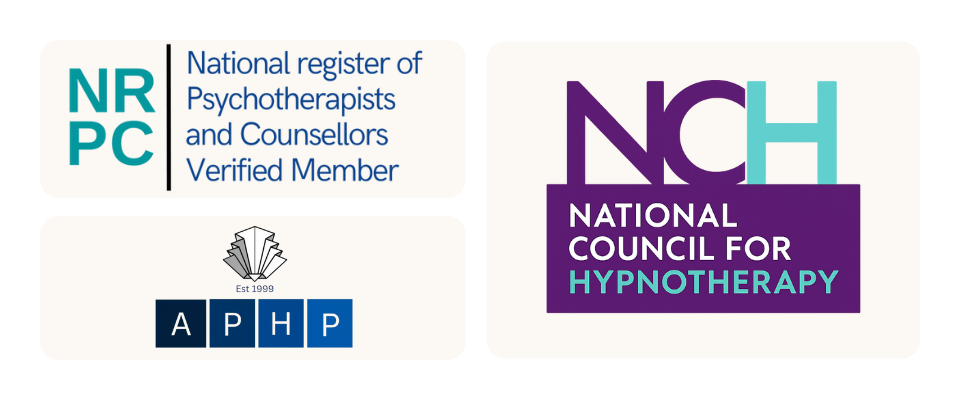Solution-Focused Brief Therapy (SFBT) is a practical, goal-dire- cted approach that emphasises finding solutions in the present and exploring hope for the future, rather than delving into past problems. For someone struggling with a busy, restless mind, causing them to over think, feel anxious or stressed, Solution Focused Therapy can offer effective strategies to find stillness and mental clarity.
A busy mind often gets stuck in loops of "what ifs," regrets, or negative patterns. But instead of fixating on what hasn’t gone right, it’s important for us to reframe to, what is going right. Change doesn’t have to be overwhelming either, if we concentrate on small manageable steps, we can work towards those big desired goals.
Instead of ruminating endlessly, Solution- Focused Brief Therapy encourages defining a clear picture of what a "still mind" looks like:
- "What would be different if your mind felt still?"
- "What will you notice when things start to improve?"
This process brings direction and structure, which can soothe internal chaos.
One of SFBT’s most powerful tools, the miracle question, helps clients imagine waking up with their problems solved. For example, “If a miracle happened overnight and your mind felt still, what would be the first thing you’d notice?" We want you to visualise what your best future might look like and how we can get you to that point.
Even in the busiest minds, there are moments of peace, however brief. SFBT helps identify these positive, lovely moments and enables you to practice thinking positively. We ask questions such as:
- When are you not overwhelmed?
- What helps? Even a little?
- What were you doing differently?
To track and encourage change, SFBT often uses a 0–10 scale. For instance, ”On a scale from 0 to 10, with 0 being a disaster and 10 being where you’d like to be at the end of this therapy, where do you see yourself today?”
This reinforces progress, however small and reduces the pressure of perfection.
As such, this therapy is excellent in helping relax the mind, as it supports people by focusing on what’s possible, visualising mental peace and what steps you need to take to get there, and recognising the positives.












